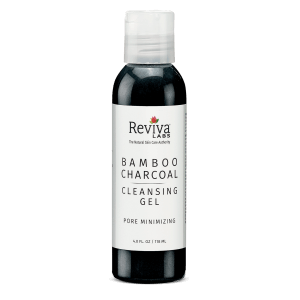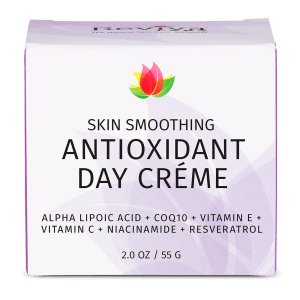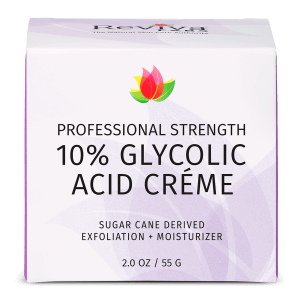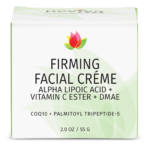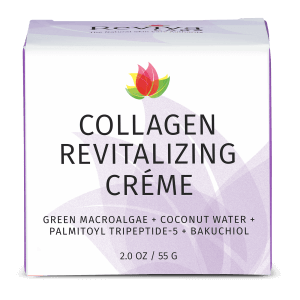Clean Beauty, Ingredients, Natural, Reviva Labs, Skin Care
The Benefits of Olive Oil for Skincare
Olive oil, a staple in Mediterranean cuisine, has been revered for centuries not only for its culinary benefits but also for its remarkable properties in skincare. This natural oil, derived from olives, is packed with nutrients and antioxidants that are essential for maintaining healthy skin. Its unique composition, rich in vitamins, minerals, and natural fatty acids, makes it an ideal ingredient for a range of skincare applications.
The history of olive oil in skincare stretches back to ancient civilizations. It was highly valued in Egyptian, Greek, and Roman cultures for its healing and beautifying properties. Olive oil was used for everything from moisturizing skin and hair to healing wounds and protecting the skin from harsh elements. Today, modern science has begun to understand the basis for these ancient practices, revealing the numerous benefits olive oil offers for skin health and beauty.
Olive Oil’s Benefits
At the core of olive oil’s benefits is its rich composition of antioxidants, including Vitamin E, polyphenols, and phytosterols. Antioxidants play a crucial role in protecting the skin from environmental stressors such as pollution and UV radiation, which can lead to premature aging. By neutralizing harmful free radicals, these antioxidants help to maintain the skin’s youthful appearance and resilience. Vitamin E, in particular, is renowned for its ability to support skin health, providing essential moisture and aiding in the repair of damaged skin.
Olive oil is also celebrated for its anti-inflammatory properties. This is particularly beneficial for those with sensitive or irritated skin, as it can help to soothe and calm the skin, reducing redness and discomfort. These anti-inflammatory effects are attributed to the presence of compounds like oleocanthal, which has been shown to possess similar anti-inflammatory properties to common medications like ibuprofen.
Moisturizing Effects of Olive Oil
Another aspect of olive oil that makes it a skincare superstar is its ability to deeply moisturize the skin. Unlike some oils that sit on the surface, olive oil penetrates deeply into the skin, providing long-lasting hydration. This is due to its oleic acid content, a fatty acid that enhances the oil’s ability to permeate the skin barrier and nourish skin cells. This deep moisturization is especially beneficial for those with dry or mature skin, as it helps to plump up the skin, reducing the appearance of fine lines and wrinkles.
Olive oil is also a gentle and effective cleanser. It has the unique ability to attract and dissolve oil-based impurities without stripping the skin of its natural oils. This makes it an excellent choice for all skin types, including oily and combination skin. When used in cleansing, olive oil binds with dirt, makeup, and excess sebum, easily removing them from the skin’s surface. This leaves the skin clean, balanced, and hydrated, without the tightness or dryness that can occur with harsher cleansers.
For people struggling with acne, olive oil can be surprisingly beneficial. While it might seem counterintuitive to apply oil to acne-prone skin, olive oil’s antimicrobial properties can help to combat acne-causing bacteria. Additionally, its non-comedogenic nature means it won’t clog pores, a common concern for those with acne-prone skin. However, it’s important to note that individual reactions can vary, and it’s always a good idea to patch test any new skincare product or ingredient.
The versatility of olive oil extends to its use as an exfoliant when combined with other natural ingredients. For example, mixing olive oil with sea salt or sugar creates a gentle yet effective scrub that can remove dead skin cells, promoting a brighter, smoother complexion. This natural exfoliation helps to stimulate skin renewal, revealing fresh, radiant skin beneath.
Olive oil’s benefits for skincare are complemented by its accessibility and sustainability. As a natural, renewable resource, it’s an eco-friendly choice for those looking to minimize their environmental impact. Additionally, its widespread availability makes it an accessible option for people around the world, regardless of their budget.
In conclusion, olive oil is a multifaceted and highly beneficial ingredient for skincare. Its rich nutritional profile, combined with its moisturizing, anti-inflammatory, and antioxidant properties, makes it a valuable addition to any skincare routine. Whether used as a moisturizer, cleanser, or exfoliant, olive oil can help to improve the health and appearance of your skin in a natural, gentle way. As with any skincare product, it’s always best to conduct a patch test first and consult with a dermatologist if you have specific skin concerns or conditions.







